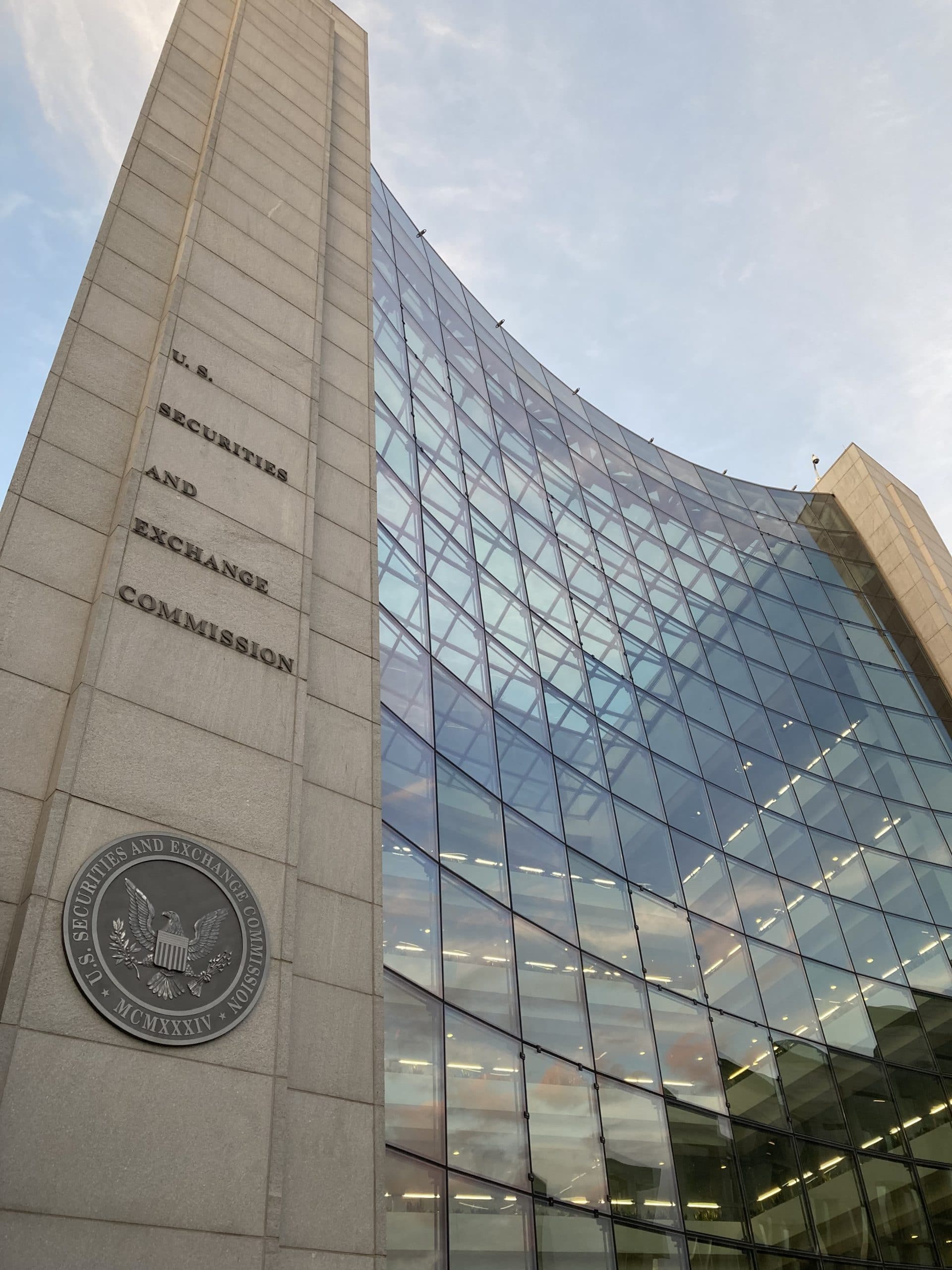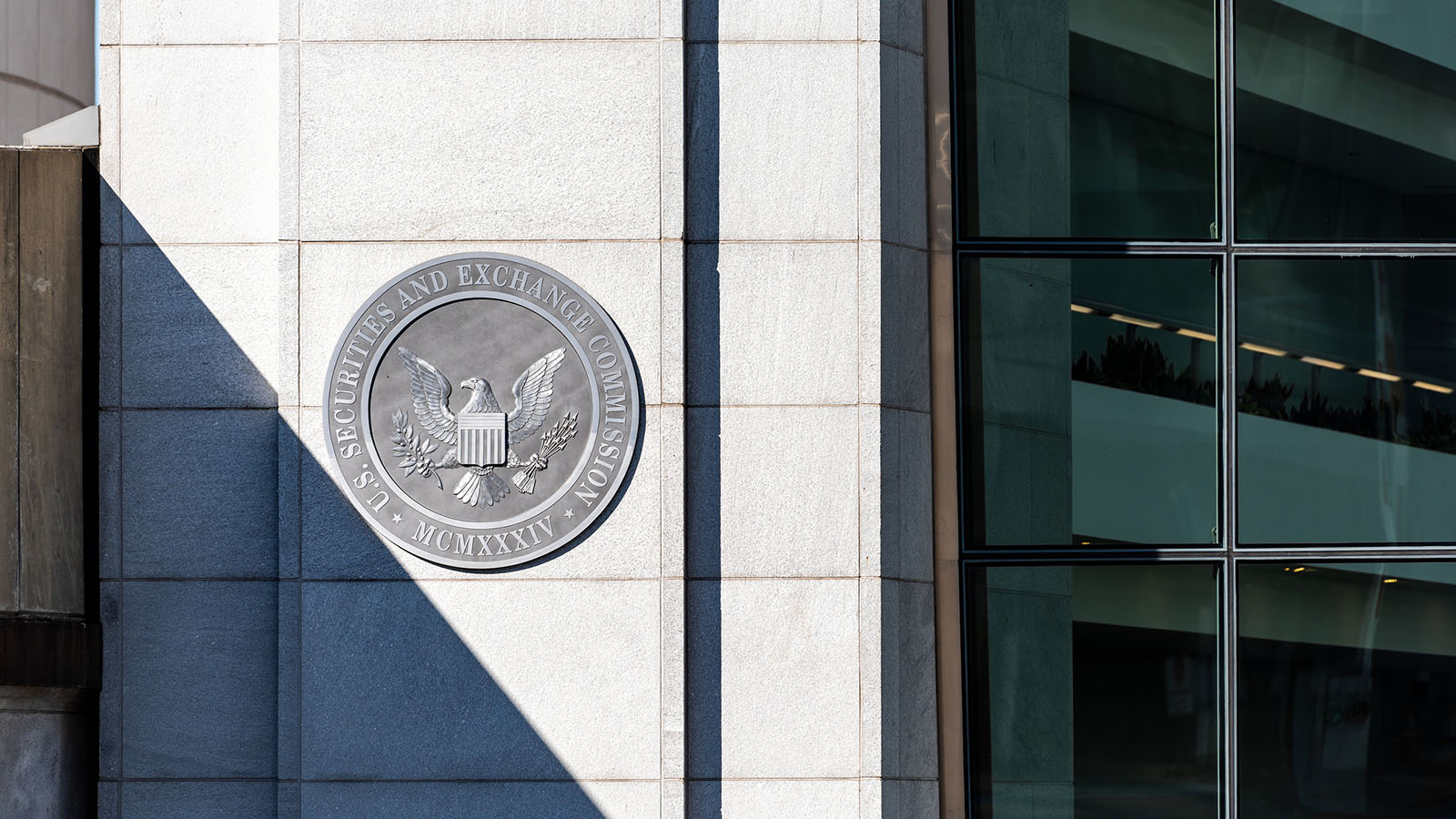May 14, 2025
![Reporting Recordkeeping Failures To The Sec [2025 Guide] Reporting Recordkeeping Failures To The Sec [2025 Guide]](https://kkc.com/wp-content/uploads/2025/01/Recordkeeping-Failures.jpg)
This information is provided for educational purposes only by Kohn, Kohn & Colapinto and does not constitute legal advice. No attorney-client relationship is created by accessing this content. Laws and regulations may change, and this material may not reflect the most current legal developments. If you believe you have a whistleblower claim, consult a qualified attorney to discuss your specific circumstances.
Introduction
Recordkeeping failures refer to instances where financial firms, such as broker-dealers and investment advisers, fail to comply with the recordkeeping provisions of the federal securities laws, including the Securities Exchange Act of 1934 (“Exchange Act”) and the Investment Advisers Act of 1940 (“Advisers Act”).
The SEC Whistleblower Program provides awards to eligible individuals who report securities law violations, including recordkeeping failures. If the SEC’s enforcement action results in over $1 million in sanctions, eligible whistleblowers may receive 10% to 30% of the collected amount.
The SEC has awarded more than $2.2 billion to 444 individual whistleblowers since the Whistleblower Program’s inception in 2011, making it one of the most established whistleblower award programs available.
Continue reading to learn more about these various types of recordkeeping violations and the steps you can take to anonymously report your concerns and potentially apply for a whistleblower award. Protections are also available to those who experience retaliation for reporting their concerns to regulators.
What are Exchange Act Rules 17a-3 and 17a-4 and Advisers Act Rule 204-2?
To ensure compliance and protect investors, the SEC mandates that certain registered entities, including broker-dealers, comply with Exchange Act Rules 17a-3 and 17a-4 for preserving business records. These rules specify the types of records that must be retained, the applicable retention periods, and permissible formats for recordkeeping. Similarly, registered investment advisers are required to comply with Advisers Act Rule 204-2, which imposes broadly similar requirements.
The most common recordkeeping failures include:
- Use of off-channel communications: Using unauthorized communication channels like personal email, WhatsApp, or text messaging for business purposes without properly recording and storing these conversations. These are generally referred to as “off-channel” communications.
- Relying on inadequate recordkeeping systems: Failing to implement systems that can capture and retain all required communications in a complete and secure manner.
- Failure to supervise compliance with the rules: Not adequately supervising employees to ensure they comply with recordkeeping policies and procedures.
- Lack of compliance policies: Not establishing clear and comprehensive policies and procedures to ensure compliance with SEC rules covering recordkeeping and electronic communications.
Recordkeeping failures can be a serious compliance issue for financial firms. The SEC has not only fined those who violated these provisions, but has also censured firms, and have required them to implement remedial measures, such as hiring compliance consultants to review and improve their recordkeeping policies and procedures.
Recent Cases
The SEC has imposed major fines amounting to millions of dollars on financial firms of all sizes that have violated these recordkeeping provisions. For example, see the following actions from 2024 and 2025:
January 2025
Twelve Firms Pay More Than $63 Million Combined to Settle SEC’s Charges for Recordkeeping Failures
The SEC charged nine investment advisers and three broker-dealers with recordkeeping failures, resulting in a combined $63.1 million in penalties.
The SEC’s investigations revealed that employees at various levels, including supervisors and senior managers, used unauthorized communication methodsfor business purposes. These off-channel communications were not properly recorded and retained, violating SEC recordkeeping requirements. In addition to the financial penalties, the firms were censured and ordered to cease and desist from further violations of the relevant recordkeeping provisions.
One of the firms received a reduced penalty because it self-reported its violations.
September 2024
Eleven Firms to Pay More Than $88 Million Combined to Settle SEC’s Charges for Widespread Recordkeeping Failures
The SEC charged 12 firms, including broker-dealers and investment advisers, for widespread recordkeeping failures, resulting in a combined $88.225 million in penalties.
These firms admitted to violating federal securities laws by failing to maintain and preserve electronic communications, primarily due to the use of unauthorized off-channel communication methods. One of the firms self-reported its recordkeeping violations and did not pay any penalty as a result, and another two firms also self-reported and paid significantly lower penalties than they would have otherwise.
August 2024
Twenty-Six Firms to Pay More Than $390 Million Combined to Settle SEC’s Charges for Widespread Recordkeeping Failures
The SEC charged 26 firms, including broker-dealers and investment advisers, with widespread recordkeeping failures, resulting in a combined $392.75 million in penalties.
These firms admitted to violating federal securities laws by failing to maintain and preserve electronic communications. The violations stemmed from the pervasive use of off-channel communication methods. Failure to maintain and preserve these required records deprives the SEC of these communications and can hinder SEC investigations.
These enforcement actions show that the SEC seeks to ensure compliance with recordkeeping requirements to protect investors and markets. However, detection and enforcement of possible recordkeeping violations can be quite difficult without the help of insiders.
Reporting Recordkeeping Failures
The SEC Whistleblower Program offers awards and protections to eligible individuals who report potential securities law violations, such as recordkeeping failures.
Whistleblowers may be eligible for an award between 10% and 30% of the money collected if their information leads the SEC to bring a successful enforcement action resulting in monetary sanctions exceeding $1 million. The SEC also pays whistleblower awards to eligible whistleblowers whose information leads to the successful enforcement of a related action brought by another agency (such as the Commodity Futures Trading Commission).
The law also prohibits employers from taking any action to impede an employee’s decision to provide the SEC with information about possible violations. Employers are prohibited from discharging, demoting, suspending, threatening, harassing (directly or indirectly) or discriminating in any other way against a whistleblower in the terms and conditions of employment because of any lawful act done by the whistleblower. A whistleblower who has been retaliated against has the right to sue an employer in federal court within two years of the retaliation.
Process for Reporting
- Gather Evidence: If you believe you have identified a potential violation of the recordkeeping rules, you will want to gather information about the suspected violation. This might include information about the type of records involved, the nature of the violation, individuals involved, and the dates and times of the violation.
- Consider Seeking Legal Assistance: An attorney specializing in securities law and whistleblower protection can advise you on your rights and help you navigate the reporting process, including negotiating for a fair award. Keep in mind: if you wish to report anonymously and still be eligible for an award, you must hire a U.S.-based attorney to file on your behalf.
- Structure Your Report: Whether you choose to hire an attorney to help you prepare a report or decide to prepare it on your own, you will want to be sure you present the information within your report in a clear and logical manner. Given the complexity of filing a whistleblower complaint, it’s advised to seek legal assistance.
- Submit Your Tip: The most efficient way to submit a tip to the SEC is through the SEC’s online Tips, Complaints, and Referrals (TCR) Form: https://www.sec.gov/tcr. If you wish to submit your report anonymously, an attorney can do so on your behalf. Reporting anonymously can add a layer of protection against employer retaliation.
- Tip Acknowledgement: The SEC will acknowledge receipt of your whistleblower report and assign it a unique number in its TCR system. This number is important for tracking your submission. Keep this number for your records while the SEC reviews your tip. If they believe your information warrants further investigation, they will refer it to the appropriate division.
After you submit your tip, the SEC may contact you or your attorney for updates or additional information. It is important to keep records of any and all communications with the SEC throughout the process. If your whistleblower submission leads to a successful enforcement action with monetary sanctions exceeding $1 million, you may be eligible for a whistleblower award.
Keep in mind, the SEC receives a high volume of whistleblower tips. The process can take time, and not all submissions lead to investigations or enforcement actions. However, by submitting a whistleblower tip, you play a vital role in helping the SEC identify and address potential recordkeeping violations.
Seek Legal Assistance
If you have identified information about recordkeeping violations, we suggest getting in touch with our firm for legal assistance. Our Securities and Commodities Whistleblower Group consists of former SEC commissioner Allison Herren Lee and former SEC Senior Enforcement Counsel Andrew Feller, who represent whistleblowers reporting financial frauds and legal violations to the SEC. In many SEC whistleblower cases, we only get paid if we win your case. Consider getting in touch with our firm using the contact form below.





